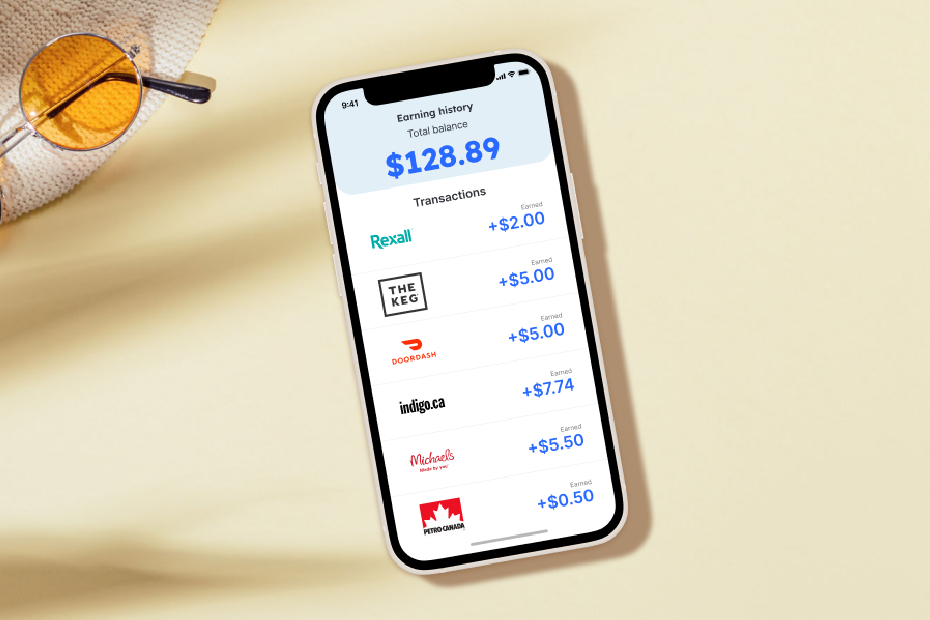Published July 10, 2023 • 3 Min Read
During difficult financial times, getting on top of your debt may feel overwhelming. If you’re finding it hard to cover your expenses and stay on top of your bills, making a plan to reduce your debts can help.
Here are 6 debt management tips to help reduce the amount you owe.
1. Create a budget
If you haven’t already, it’s important to know where you currently stand financially. Creating your budget can help you do just that. Start by tracking your expenses for at least a month to see where your money goes (don’t leave anything out). Then, add in your income. When you can clearly see exactly what money is coming in and going out, you might spot where cash is available that can be re-allocated to paying down debt. And if there’s not? Read on to #2.
2. Prioritize your expenses
If your budget reveals your expenses are outpacing your income, it’s time to make some tough decisions. Many experts recommend following the 50/30/20 rule. This involves allocating half of your income to necessities such as food and housing, the next 30 per cent to cover your nice-to-haves and the final 20 per cent for debt repayment. If your nice-to-haves ( leisure travel, dining out, a new cell phone) are on the high side, look at what you can cut, so you can redirect more of that money toward your debt.
3. Negotiate with lenders
Lenders want to see borrowers pay back their debts — and many lenders will be more sympathetic to your debt challenges than you might expect. They’re often willing to negotiate with customers who approach them for help. It’s worth contacting your creditors and service providers to see if they can help by lowering interest rates or your monthly payments.
4. Consolidate your debt
If you carry debt in a few places and/or have debts with high interest rates, it may be worth consolidating them into one place. Having a single balance can make your debt feel more manageable, as you’ll have one payment to make. And by moving debt from a high interest rate (i.e., on a credit card) to a lower rate solution (such as a personal loan or line of credit), you can save significantly on interest costs. If you have equity in your home, consider a Home Equity Line of Credit or refinancing to roll your debt into your mortgage for the lowest interest rate option.
5. Find ways to add to your income
Can you add extra shifts to your current work schedule? What about adding a side hustle? There are many ways to make some extra money to put towards your debt. From tutoring or babysitting, driving for a ride-share app or freelancing, think about what might work for you.
6. Sell stuff you don’t need
Scan your closets and cupboards for things you no longer use, and consider selling them. You might go the old-fashioned garage sale route or try selling them online. Then put any money you get towards paying down your debt faster.
While not all these strategies may work for you, if you can put one or two of them to practice, you may be able to start making a dent into your debt — and feel more in control of your money going forward.
This article is intended as general information only and is not to be relied upon as constituting legal, financial or other professional advice. A professional advisor should be consulted regarding your specific situation. Information presented is believed to be factual and up-to-date but we do not guarantee its accuracy and it should not be regarded as a complete analysis of the subjects discussed. All expressions of opinion reflect the judgment of the authors as of the date of publication and are subject to change. No endorsement of any third parties or their advice, opinions, information, products or services is expressly given or implied by Royal Bank of Canada or any of its affiliates.
Share This Article






